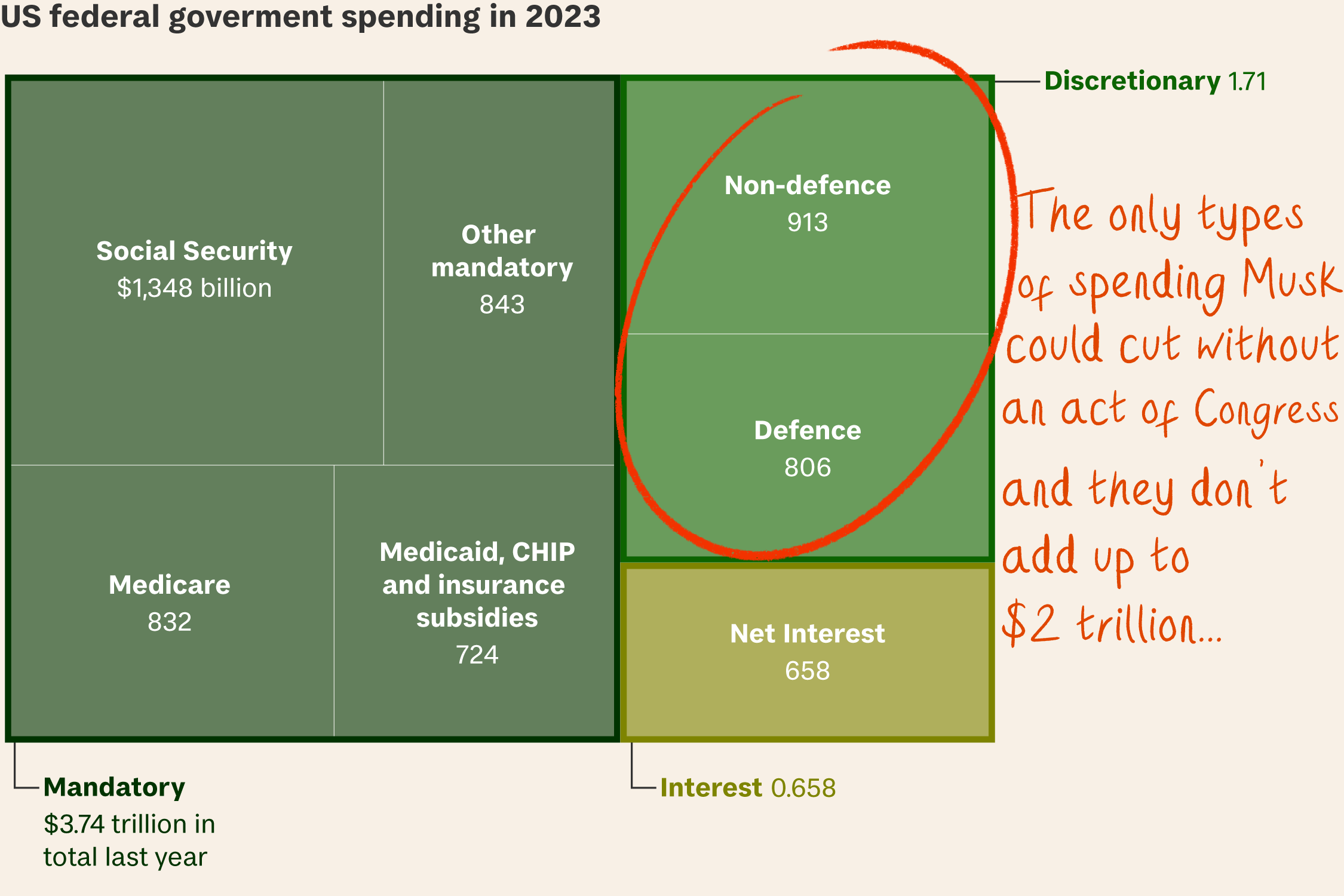DOGE's Billions in Claimed Savings Face Scrutiny Over Calculation Methods

A recent report by Politico has ignited a fresh debate over the methodology used by the Department of Government Efficiency (DOGE) in calculating its claimed federal spending cuts. The August 18, 2025, article challenges DOGE's practice of presenting "contract ceiling value" as actual savings, drawing sharp criticism from figures like entrepreneur Tyler Winklevoss, a vocal supporter of the initiative.
Politico's investigation, co-authored by Josh Gerstein and Eric Bazail-Eimil, asserts that many of DOGE's touted billions in savings are "dubious or misleading." The core of the dispute lies in DOGE's accounting for terminated contracts, where it claims the full potential value of a contract as savings, even if the government had not committed or spent that entire amount. Budget experts, including Martha Gimbel of Yale's Budget Lab, have likened this approach to "a shell game," arguing it inflates true savings by taking credit for money that was unlikely to be spent.
DOGE, informally led by Elon Musk and established by executive order earlier this year under the Trump administration, aims to root out waste, fraud, and abuse across federal agencies. Its official website, doge.gov, features a "wall of receipts" detailing its claimed cost reductions. However, this platform has faced prior criticism for frequent revisions and a lack of verifiable data, as noted by Reuters and NPR.
Tyler Winklevoss, co-founder of Gemini, took to social media to defend DOGE's methods and lambaste Politico's report. In a tweet, Winklevoss stated, > "Not a surprise that fake news Politico — funded and propped up by USAID grift — has decided to attack the patriots at DOGE who are combating fraud, waste, and abuse on behalf of the American taxpayers. Politico's argument that contract ceiling value does not equate to savings is laughable. Of course, Politico won't back up any of its arguments by putting its money where its mouth is and guaranteeing the difference between contract ceilings and committed amounts. That says it all."
DOGE and its proponents maintain that preventing agencies from spending up to their maximum authorized limits constitutes a legitimate saving of taxpayer money that would otherwise have been disbursed. This fundamental disagreement over accounting practices underscores the ongoing political and economic tensions surrounding the Trump administration's efforts to reform the federal bureaucracy and its financial operations.